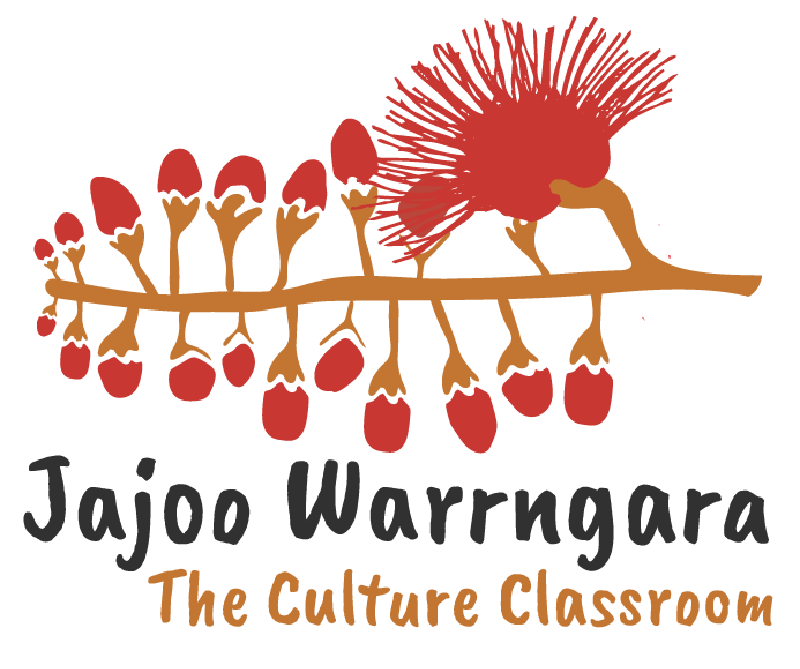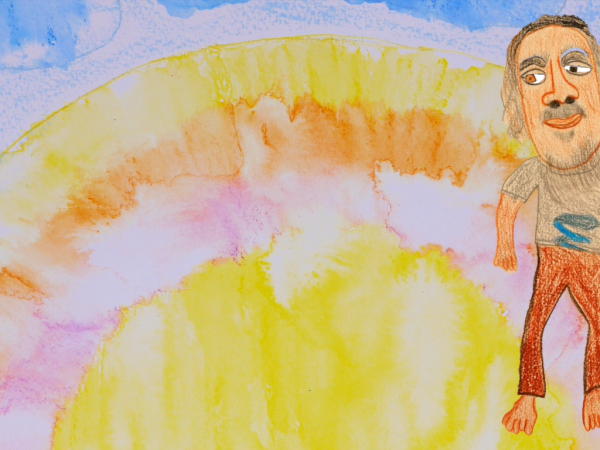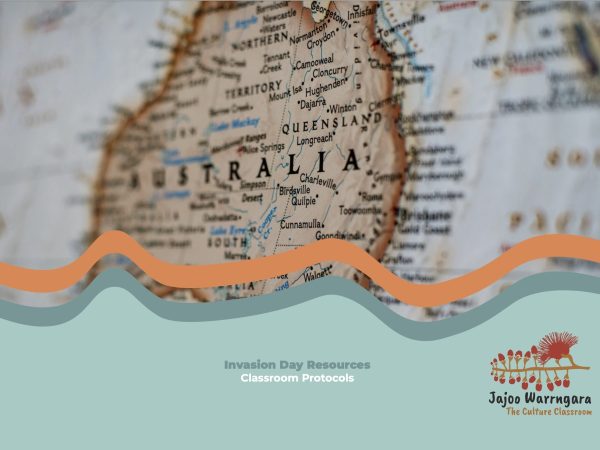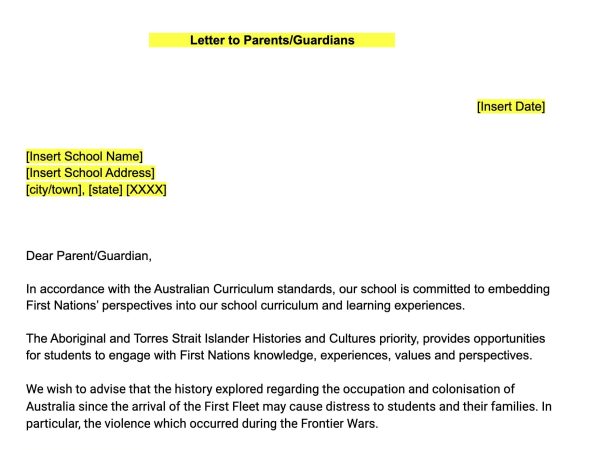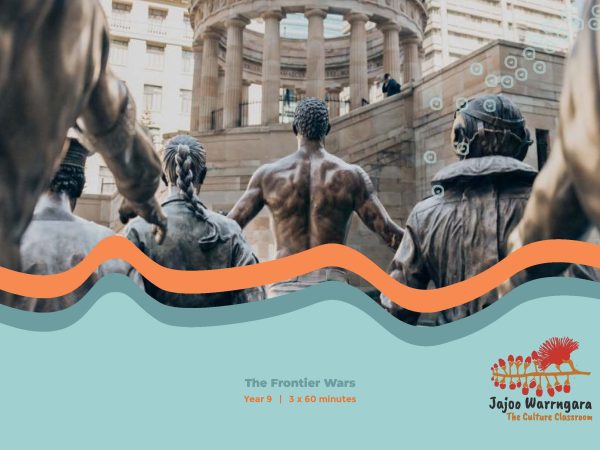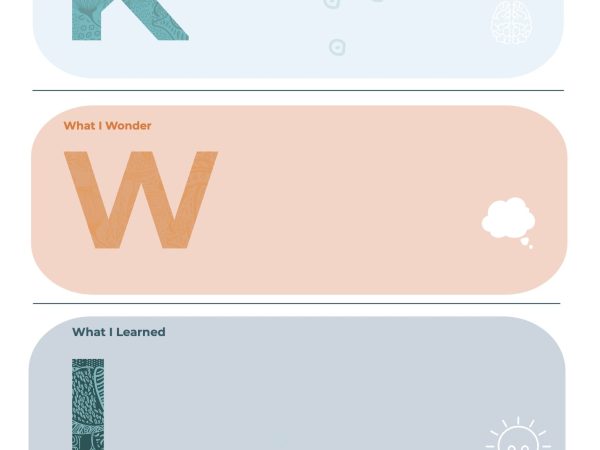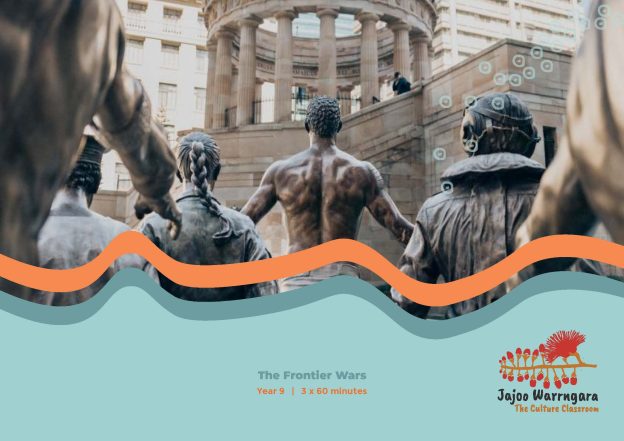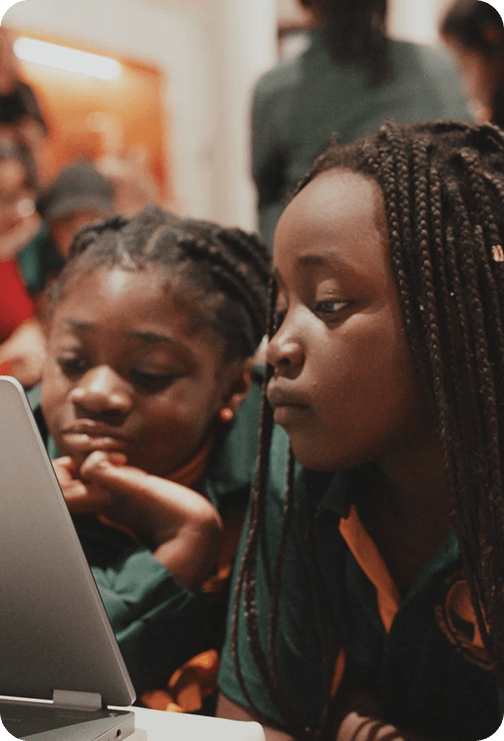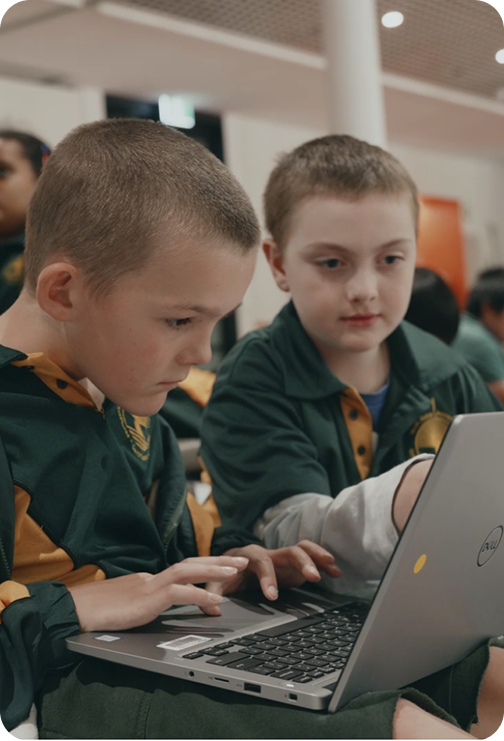AC9E9LA08 Analyse how vocabulary choices contribute to style, mood and tone
AC9E9LE01 Analyse the representations of people and places in literary texts, drawn from historical, social and cultural contexts, by First Nations Australian, and wide-ranging Australian and world authors
AC9E9LE02 Present a personal response to a literary text comparing initial impressions and subsequent analysis of the whole text
AC9E9LE06 Create and edit literary texts, that may be a hybrid, that experiment with text structures, language features and literary devices for purposes and audiences
AC9E9LY01 Analyse how representations of people, places, events and concepts reflect contexts
AC9E9LY02 Listen to spoken texts that have different purposes and audiences, analysing how language features position listeners to respond in particular ways, and use interacting skills to present and discuss opinions regarding these texts
AC9E9LY03 Analyse and evaluate how language features are used to represent a perspective of an issue, event, situation, individual or group
AC9E9LY05 Use comprehension strategies such as visualising, predicting, connecting, summarising, monitoring, questioning and inferring to compare and contrast ideas and opinions in and between texts
AC9E9LY06 Plan, create, edit and publish written and multimodal texts, organising, expanding and developing ideas, and selecting text structures, language features, literary devices and multimodal features for purposes and audiences in ways that may be imaginative, reflective, informative, persuasive, analytical and/or critical
